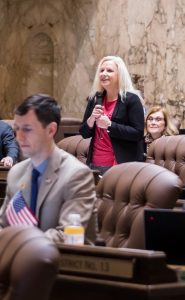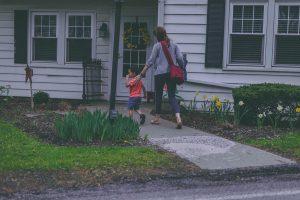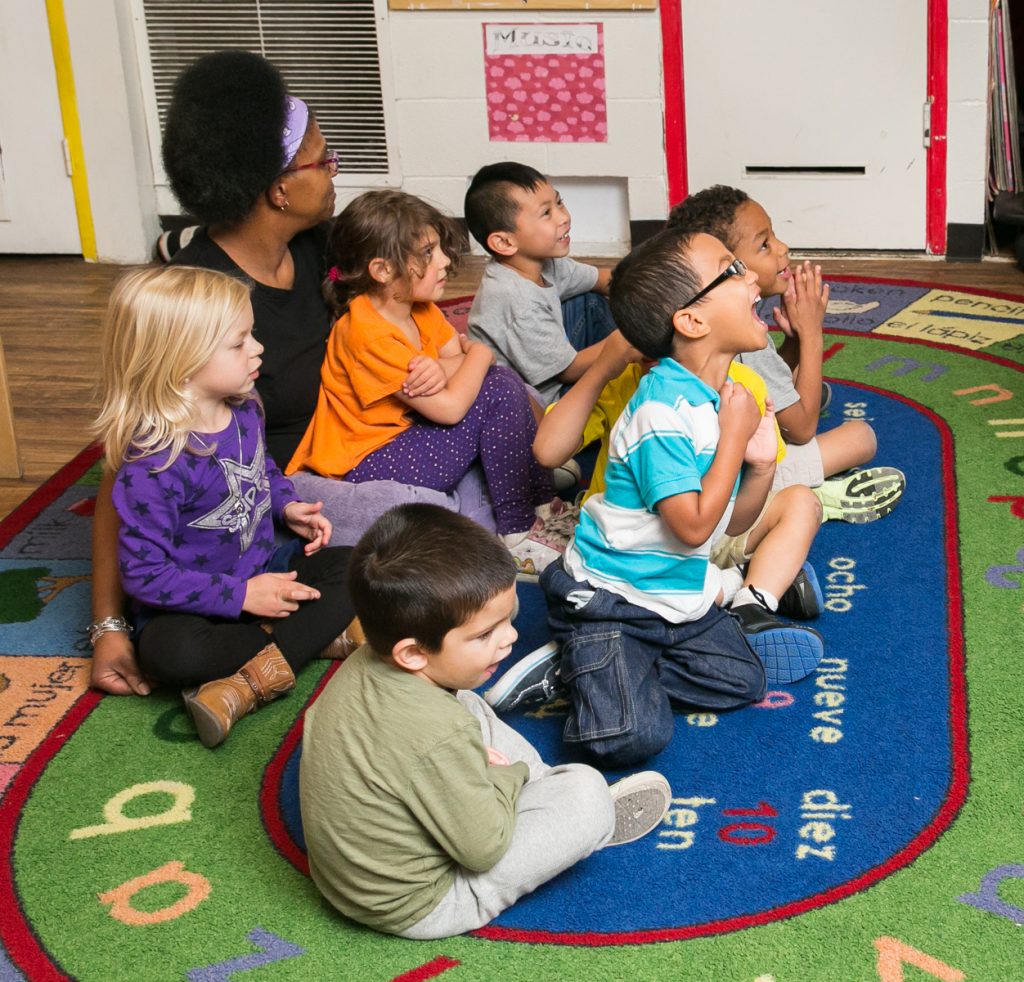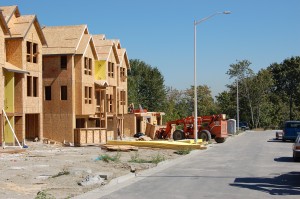This week in the Legislature, both the House and Senate announced their proposed budgets. Those budgets covered operating expenses, like schools and state programs, capital expenses, building projects across the state, and transportation expenses, like efforts in cities to make roads safer and increasing traffic flow on I-5. There’s a lot in these budgets, which are supplemental follow-up budgets to the main biennial budgets passed last year. In this email update, I’ll cover just a few areas I want to highlight for you. In the future, I’ll talk more about final budget decisions and why these investments are necessary. For now, let’s jump right in.
The proposed operating budget
This year’s proposed operating budget from the House really builds upon the budget we passed last year, by making adjustments based on emerging needs. Those needs are very clear: housing insecurity and homelessness, affordability of childcare, and access to healthcare in rural and underserved areas. In the proposed budget, those areas are increased, significantly, without any new taxes or tax increases.
There are some big investments that I am proud to support in this budget, but there are also a few smaller areas I want to highlight for you:
First, I’ve shared with you all my passion for finding ways to get nutritious fruits and vegetables onto more kitchen tables and I even proposed legislation to develop a program that expands the ability to use WIC, a program that helps pregnant woman, infants, and children get nutritious food, to pay for food at farmers markets (HB 2262). The Senate’s version, a companion bill, is still in play, and the budget does include a one-year program to try this out. I’m excited to see families have better access to our farmers markets.
Second, people are struggling to get permanent supportive housing and often end up couch surfing or staying with friends or family. An old rule (referred to as the “shelter penalty”) basically says that if you qualify for cash assistance but end up staying somewhere like a friend or relative’s house while you look for a permanent home, your assistance can be reduced. The shelter penalty just hurts people unnecessarily. Often, folks are disabled or struggling and even a small hit to their finances could be devastating. Thankfully, the budget increases funding to end that unnecessary penalty.
Housing: Because of a favorable revenue forecast, the House budget writers felt that we would have an increase of funds that can be used for specific targets in the areas mentioned above in order to potentially minimize state expenses in the future. With that in mind, and with a recognition that there is a housing crisis, homelessness and housing programs are getting a critical boost, including $100 million into the Housing Trust Fund (see capital budget section for more on that critical investment).
In addition to the Housing Trust Fund, the operating budget puts $75 million into a new fund that will be spent over the next 5 years to give permanent supportive housing providers funds needed for operations and maintenance, letting them tackle necessary projects or reallocate existing funds for other needs. This is the best method shown to make a meaningful difference to minimize chronic homelessness. The budget also provides $25 million in Consolidated Homelessness Grants to allow communities to decide how best to address individual community needs, plus an additional $20 million in the Housing and Essential Needs program, which keeps people from falling into homelessness.
Childcare: For families, accessing childcare can be challenging. Keeping childcare providers open means that we need to make sure the Working Connections Child Care rates are keeping up with costs, so the operating budget increases those rates with an additional $56 million. Additionally, the slot rate for ECEAP increases 7% and $7.2 million is put aside to provide scholarships to help childcare providers keep up on their education and training.
Healthcare: Access to healthcare is another issue that was a top priority for my colleagues and me, which is why I’m happy to see that Medicaid primary care rates are increased in this budget, in order to keep doctors in their local communities. There’s also an increase for nursing home providers, about $17 million for nursing home Medicaid rates. There are also increases for rates for behavioral health providers, including counselors in some schools, funding for state hospital needs, and increased funding for foundational public health—something we always need but is also very prevalent with the coronavirus present in our minds.
There’s a lot more in the proposed operating budget, but next week budget negotiators will begin consolidating the House and Senate budget proposals and, hopefully, we’ll pass the final budget by March 12.
The proposed capital budget
Because the operating budget transfers $100 million into the Housing Trust Fund, there’s a lot of new funding for building new affordable housing units, keeping affordable housing affordable, maintaining existing affordable housing units, and adult, family & youth shelters. This is important, because in Pierce County, we’ve seen a huge jump in the number of people experiencing homelessness. But we also know that when people are housed, they’re less likely to return to homelessness. Pierce County has some great data that you can read about on their website here.
In addition to the excellent housing and homelessness projects in the capital budget, I’m excited about the investment in education and early learning. Public schools across the state are at-risk due to the possible damage from an earthquake. The proposed capital budget provides $13.2 million to retrofit those most likely to suffer significant damage. It’s not enough for every school, but it’s a start and the sooner we start those retrofits, the better.
Another investment is in early learning facilities. There’s a high demand for new and updated early learning facilities to expand capacity and the capital budget adds another $7 million to continue that process.
I’m excited that these projects will get some of the needed additional funding they need and look forward to voting for them this week.
Respecting public workers
Finally, two final bills passed the House last week and I wanted to give you a quick update on those.
 House Bill 1390 gives PERS 1/TRS 1 retirees who most need it their first full COLA increase in about a decade. These are folks such as corrections officers, school cafeteria workers, teachers, park maintenance staff, and social workers. Cost of living in Pierce County and other areas has dramatically increases since many of those former workers retired and it’s time we provided them the COLA they need. That bill passed the House unanimously and is now in the Senate.
House Bill 1390 gives PERS 1/TRS 1 retirees who most need it their first full COLA increase in about a decade. These are folks such as corrections officers, school cafeteria workers, teachers, park maintenance staff, and social workers. Cost of living in Pierce County and other areas has dramatically increases since many of those former workers retired and it’s time we provided them the COLA they need. That bill passed the House unanimously and is now in the Senate.
House Bill 2189 addresses a legal loophole that excludes some workers at Western State Hospital who should qualify for early retirement. When you’re doing the dangerous work of Competency Restoration workers, risk of physical assault by patients is real. These workers should qualify for early retirement and I’m glad that my colleagues agreed and voted unanimously to end the loophole and treat those workers with dignity and respect.
Thank you for reading my take on the budgets and if you have any thoughts on these proposals, please reach out via email, call my office, or schedule a visit if you’re visiting the capitol. It’s an honor and privilege to serve as your representative in Olympia.





